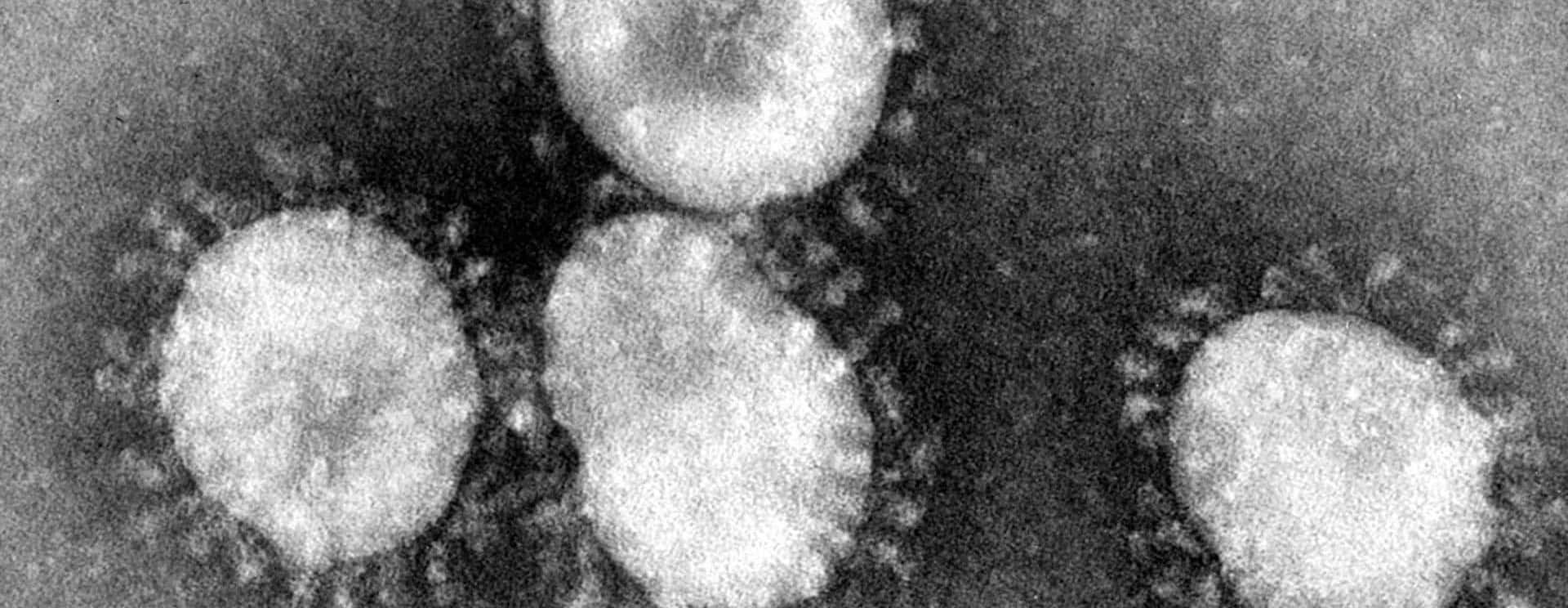
SPRINGFEILD, Ill. (AP) — Illinois might have eluded the COVID-19 “surge upon a surge” that has struck some parts of the country in the aftermath of heavy travel and family congregations during the Thanksgiving holiday.

But it’s all relative. Even as thousands across the country, including in Illinois, are inoculated against the disease this week with a newly approved vaccine, Gov. J.B. Pritzker’s administration on Thursday reported 181 additional deaths related to coronavirus illness and 8,828 newly confirmed infections. With the report came new warnings for holiday gatherings with Christmas next week.
“This is the time of year for friends and family, but I would like to ask that you continue to celebrate the holidays virtually — or in person with the people that you live with,” said Dr. Ngozi Ezike, the state public health director.
November’s wintry winds pushed people indoors where the coronavirus spreads rapidly, and daily records for new cases and deaths were frequently broken, topping out at more than 15,000 infections on Nov. 13 and 238 deaths on Dec. 2. When statistics showed 9 million people traveling to see loved ones during Thanksgiving week, predictions of the surge upon a surge peppered warnings from Dr. Anthony Fauci, the nation’s top infectious disease expert.
And surge it did, in places such as California, which has all but run out of intensive-care hospital beds. But an Associated Press analysis of Illinois Department of Public Health numbers shows it hasn’t hammered Illinois.
From Nov. 1 through Nov. 26 — Thanksgiving Day — the state averaged 10,750 new COVD-19 cases per day.
In the three weeks since Thanksgiving, there have been an average of 8,664 per day. While many people survive the illness, November’s higher numbers of infections translate into a boost in death numbers, however. The pre-Thanksgiving toll was 85 per day compared with 138 since.
“We haven’t brought the numbers down to where we want them to be, but they haven’t skyrocketed,” Pritzker said during his daily COVID-19 briefing in Chicago. “Illinois has done better than many of the states around us and certainly many of the states around the country that are still on an upward trajectory.”
For anyone following Illinois COVID-19 statistics, the dreadful November numbers dwarf December’s, a time when most expect the spread to push infection rates even higher. Meanwhile, it’s easy to forget the frightening numbers from the onslaught of the virus last spring, when officials talked about “doubling rates” in judging transmission speed and they spent about $160 million turning the country’s largest convention center into an auxiliary hospital should traditional wards be overrun.
The AP analysis shows that during one of the darker periods of the spring, from April 16 to May 15, new cases averaged just 2,193 per day, with an average daily death rate of 104.

This week, thousands of health care workers, including in Illinois, are beginning to receive the first doses of a vaccine to prevent the coronavirus illness. But Ezike urged continued precautions against transmission— staying home, wearing a face mask in public, staying 6 feet away from others and washing hands frequently.
“Send holiday cards, drop off gifts, do caroling outside, call, video chat, text, but stick with the people that you live with,” Ezike said. “I especially want to encourage the young adults who sometimes feel invincible that you, too, need to take precautions.”
Should a surge still be coming, other indicators of the disease’s strength are encouraging. The running seven-day positive test rate for the virus continues to fall, although Pritzker said not enough in any part of the state to lift so-called Tier 3 restrictions on social interaction. There were 4,751 people hospitalized with COVID-19 statewide, down from a high of 6,175 during Thanksgiving week.
Occupied intensive care beds numbered 1,056, down 161 from a late-November high, and after hitting a high of 724 on Thanksgiving Day, ventilator use was down to 575.
Such indicators can produce hope that’s soon dampened by too many deaths, Pritzker said.
“Just think about the number of people that are passing away every day. It’s challenging,” Pritzker said. “But suffice to say that if we keep doing what we’re doing on the front end, those death numbers … will head in the right direction.”
By JOHN O’CONNOR for the Associated Press
